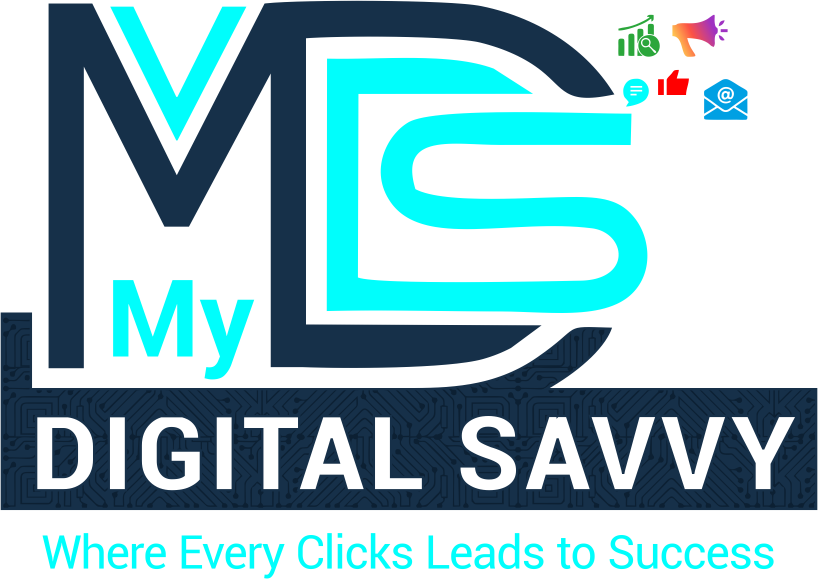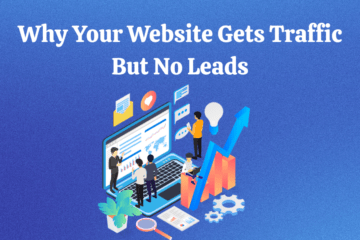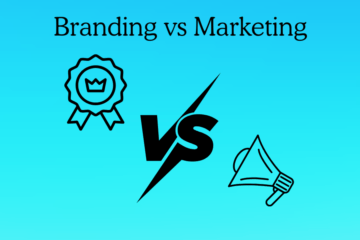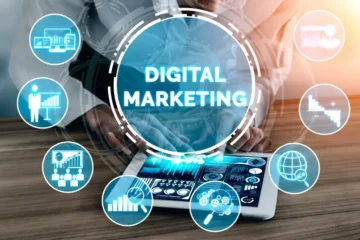Digital marketing has revolutionized how companies engage with customers, establish brands, and generate sales. Over the decade, Digital marketing has evolved from a supplementary strategy to the essence of contemporary business growth. With accelerating technological developments, changes in consumer behavior, and developing platforms, the digital marketing environment is constantly evolving
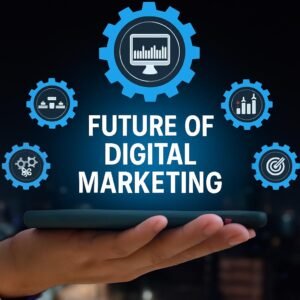
1. Emergence of Artificial Intelligence (AI) in digital Marketing
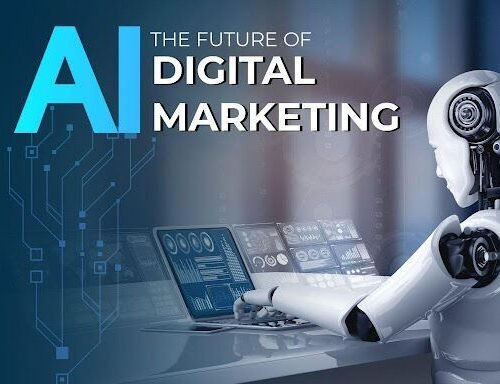
Artificial Intelligence is already transforming digital marketing. From recommendations on Netflix to chatbots on e-commerce sites, AI allows brands to provide hyper-personalized and frictionless experiences.
How AI Will Define the Future:
Predictive Analytics: Marketers will leverage AI to predict customer needs and tastes, minimizing guesswork.
Content Creation: Applications such as ChatGPT and Jasper are already assisting businesses in creating blogs, ad copy, and product descriptions.
Automated Customer Support: AI chatbots will process more intricate customer inquiries with human accuracy.
Voice & Image Recognition: Intelligent assistants like Alexa, Siri, and Google Assistant will take voice-based search marketing to new heights.
In short, AI will make marketing smarter, faster, and more precise.
2. Personalization at Scale
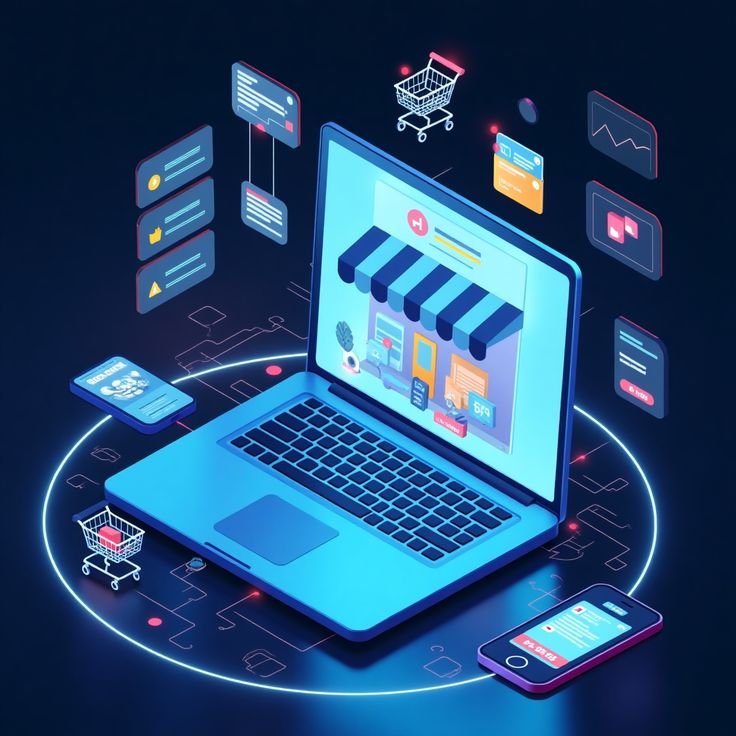
Today’s customers expect tailored experiences. Generic ads are often ignored, while personalized offers grab attention. The future of digital marketing will be dominated by data-driven personalization.
What’s Next in Personalization:
Dynamic Content: Websites will adapt in real-time based on user preferences and behavior.
Hyper-Targeted Ads: Ads will be tailored to individual demographics, buying intent, and even moods.
Omnichannel Consistency: Whether on email, social media, or apps, customers will see seamless, personalized journeys.
Marketers who excel at personalization will not only sell goods but create more meaningful customer loyalty.
3. The Power of Video and Interactive Content
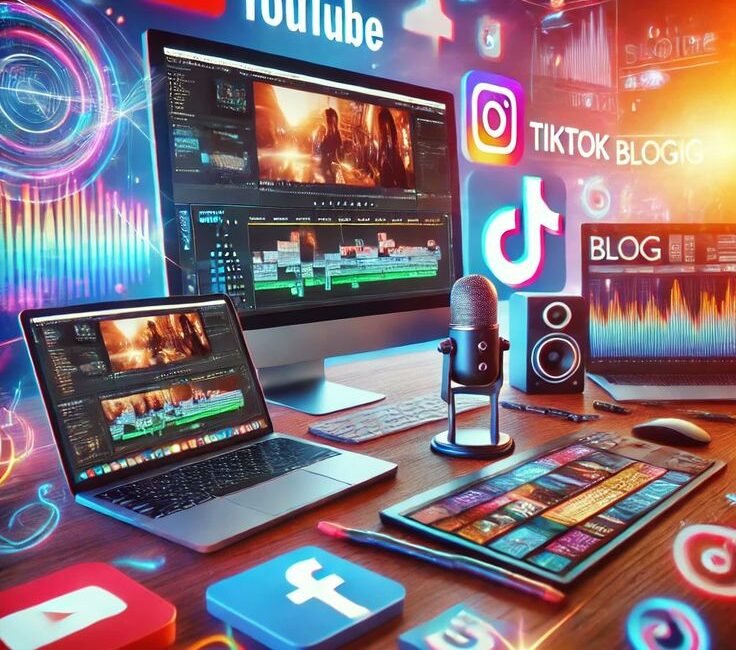
Video is already a marketing behemoth—YouTube, TikTok, and Instagram Reels hold users’ attention hostage. Video will become even more interactive and immersive in the future.
Future video marketing trends
Shoppable Videos: Customers will buy from videos directly without ever leaving the platform.
Interactive Storytelling: : Live streams, quizzes, and polls will enhance engagement.
AR/VR Experiences: Customers will be allowed to “try before they buy” virtually—e.g., trying clothes on or imagining furniture in the home.
With decreasing attention spans, short-form and interactive content will be vital in capturing and holding on to audiences.
4.Voice Search and Smart Assistants

With the growth of Alexa, Google Assistant, and Siri, voice search is revolutionizing how people search for things. In 2030, over 50% of online searches are likely to be voice searches, predicts the experts.
Marketing Implications:
Conversational Search Optimization: Marketers have to optimize content for natural, conversational search queries.
Local Search Supremacy: Voice searches such as “coffee shop near me” will render local SEO more critical than ever.
Voice Commerce: Consumers will purchase directly via voice commands, forcing companies to redesign their shopping experiences.
Voice marketing will necessitate a transition from keyword-laden tactics to intent-based content.
5.Data, Privacy, and the Cookieless Future
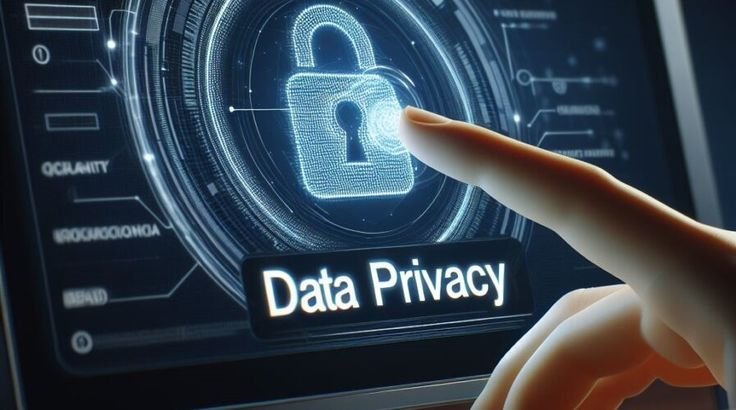
Privacy is at the forefront of consumers’ minds as they become increasingly aware of how their data is being captured and utilized. With legislation such as GDPR and the elimination of third-party cookies, marketers are headed for a world with privacy at its center.
Key Changes Ahead
First party data: Brands will depend increasingly on data gathered directly from consumers (e.g., through email sign-ups, surveys, and applications).
Transparent Marketing: Brands will have to be transparent about data use in order to gain trust.
Contextual Advertising: Advertising will focus on page content rather than consumer data.
Privacy-respecting marketers who still provide personalization will gain customer trust and loyalty.
6.Social Commerce and Influencer Marketing
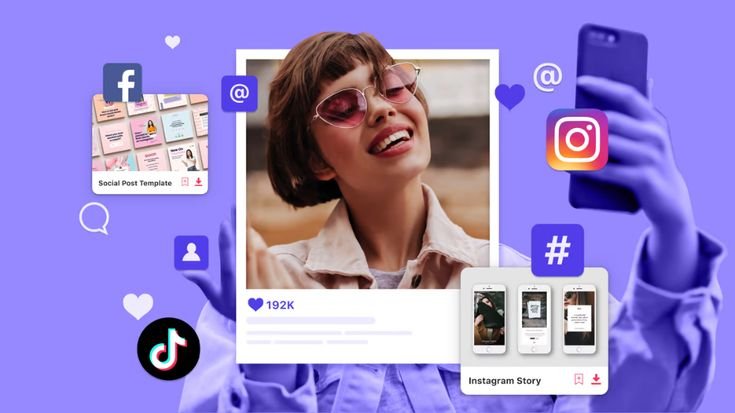
Social media is no longer about just branding—it’s turning into a direct channel for selling. Instagram, TikTok, and Facebook now support in-app purchases, giving way to a new era of social commerce.
Future Social Media Marketing:
Micro-Influencers: Brands will no longer bank on celebrities alone; they will work with smaller influencers with deep niche audiences.
AI-Powered Influencer Matching: AI will determine the ideal influencers in terms of engagement, relevance, and authenticity.
Integrated Shopping Experiences: Customers will browse from “discovery to checkout” without ever leaving social platforms.
Social media will combine marketing, entertainment, and e-commerce into one dominant ecosystem.
7.Content Marketing Evolution
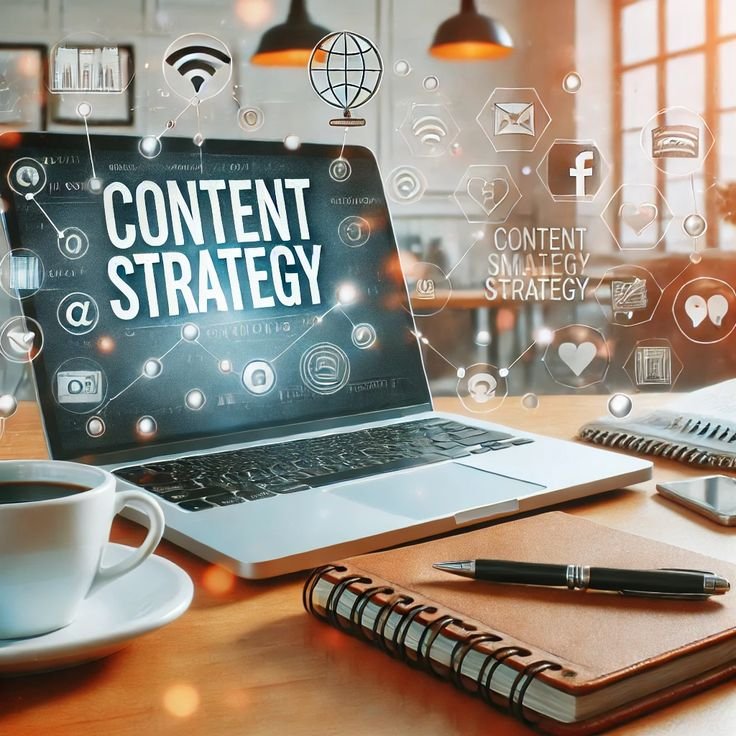
Content is still the foundation of digital marketing, but how content is developed, shared, and consumed is evolving.
What to Expect:
Long-Form Thought Leadership:Comprehensive blogs, reports, and podcasts will build authority.
Interactive Content: : Infographics, polls, and game-themed content will engage.
AI-Powered Content Production: Human imagination merged with AI productivity will create smarter, quicker, and more pertinent content.
Those who produce value-centric content rather than sales materials will remain current in the competitive landscape.
8. The Metaverse and Web 3.0
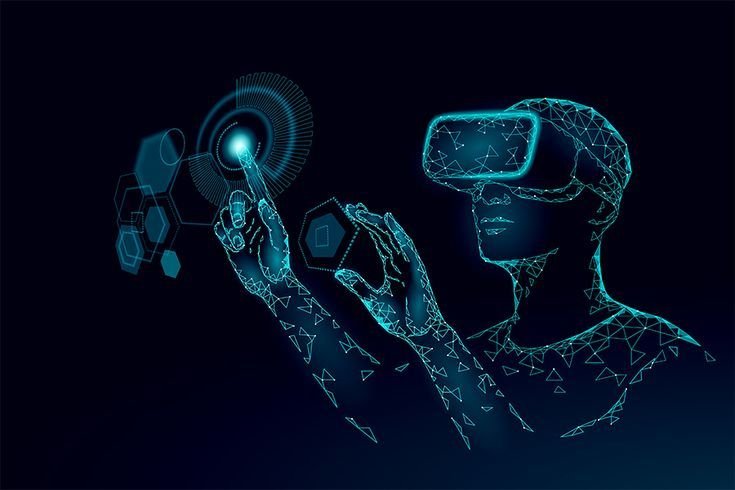
Hype surrounding the metaverse and Web 3.0 heralds a huge transformation in the way individuals will interact online.
Metaverse Opportunities:
Virtual Shop Stores:Shoppers can browse through virtual showroom windows and shop through avatars
NFT Marketing: Brands will issue NFTs as loyalty programs, collectibles, or limited experiences.
Immersive Ads: Rather than static banners, ads will be presented as an experience.
While only in their early stages, the metaverse has the potential to reshape digital marketing in much the same way social media did ten years ago.
9. Automation and Marketing Technology (MarTech)
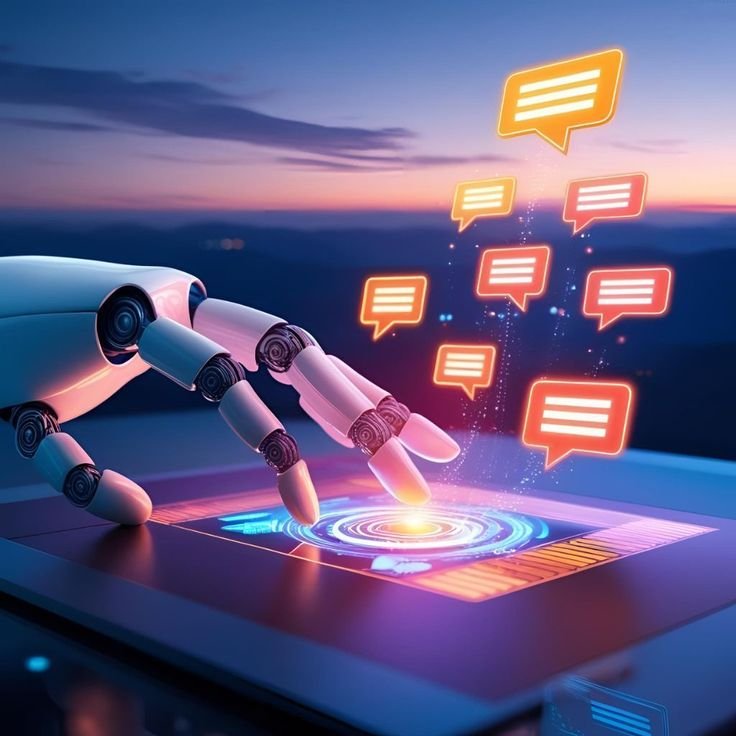
Marketing is too complicated to handle manually. The future is reserved for marketing automation driven by sophisticated MarTech platforms.
What Automation Will Do:
Email & Campaign Automation:Personalized drip campaigns will operate on autopilot.
Smart CRM Tools: Predictive lead scoring and customer journey mapping will streamline sales funnels.
Integrated Dashboards: Marketers will monitor ROI across channels in real time.
Automation won’t replace marketers but liberate them to focus on creativity and strategy.
10.Sustainability and Purpose-Driven Marketing
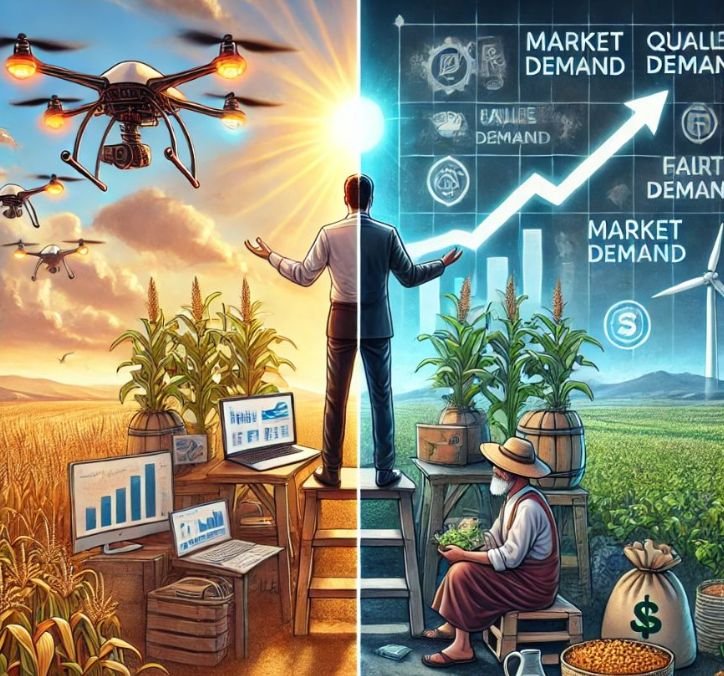
Today’s consumers—particularly Gen Z and Millennials—yearn for brands to believe in something beyond profit. Sustainability, inclusivity, and social responsibility are becoming marketing forces to be reckoned with.
Future Trends:
Green Marketing: Environmentally friendly packaging, ethical sourcing, and carbon-neutral campaigns will be emphasized.
Authenticity Matters: Consumers will hold accountable brands that practice “greenwashing.”
Cause-Based Campaigns: Partnering with charities or social causes will fuel brand loyalty.
The future of marketing is not only about what a brand offers, but what it represents.
